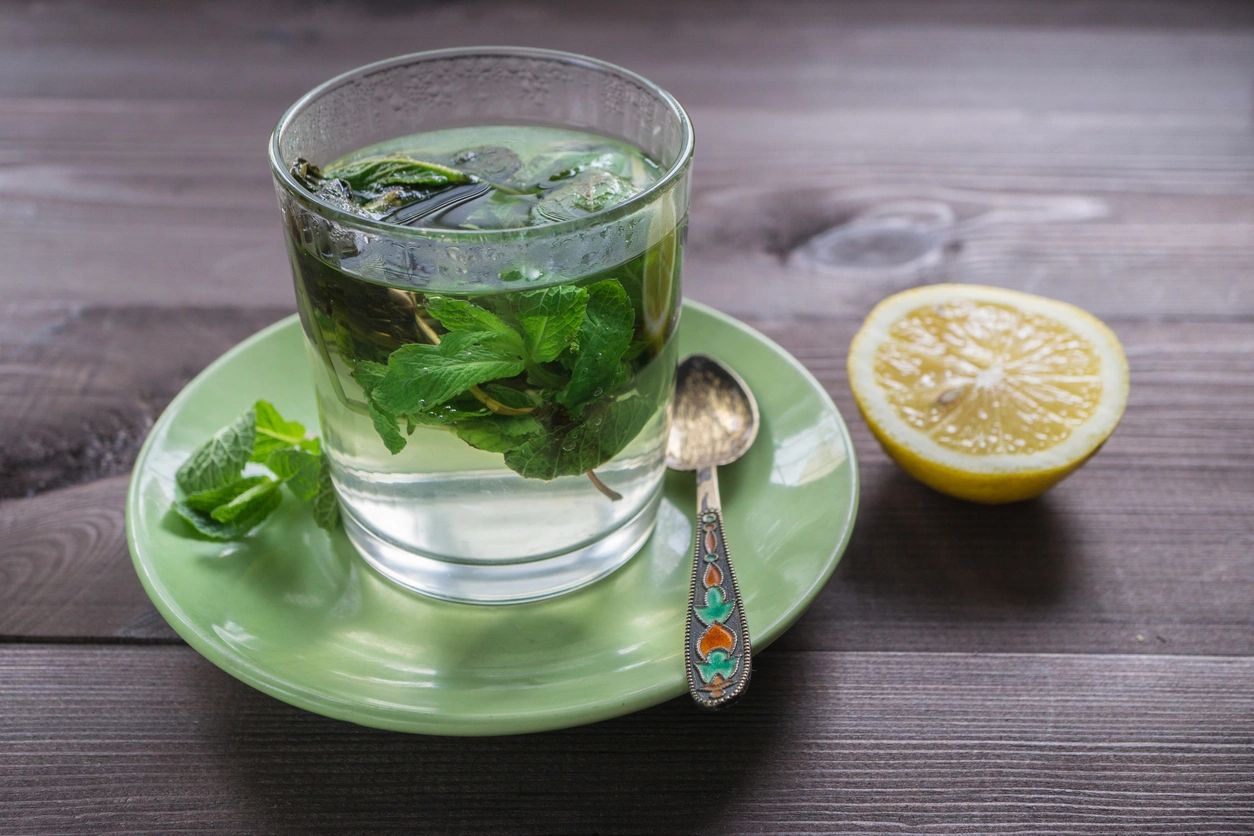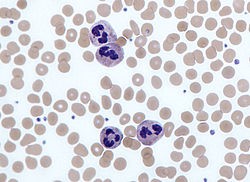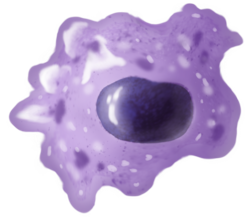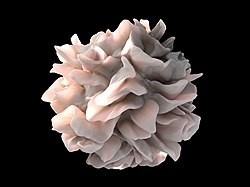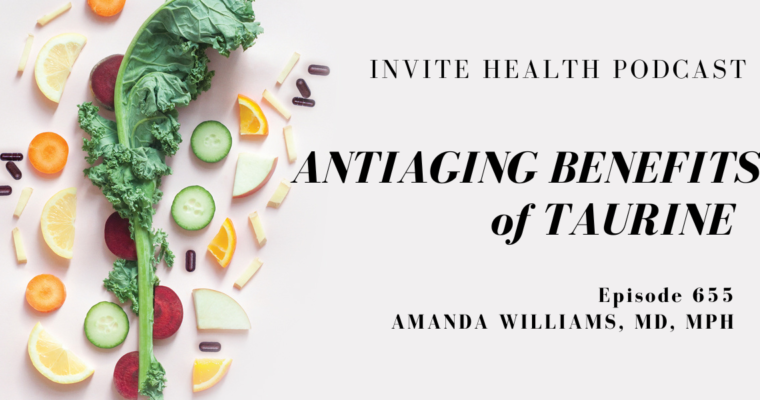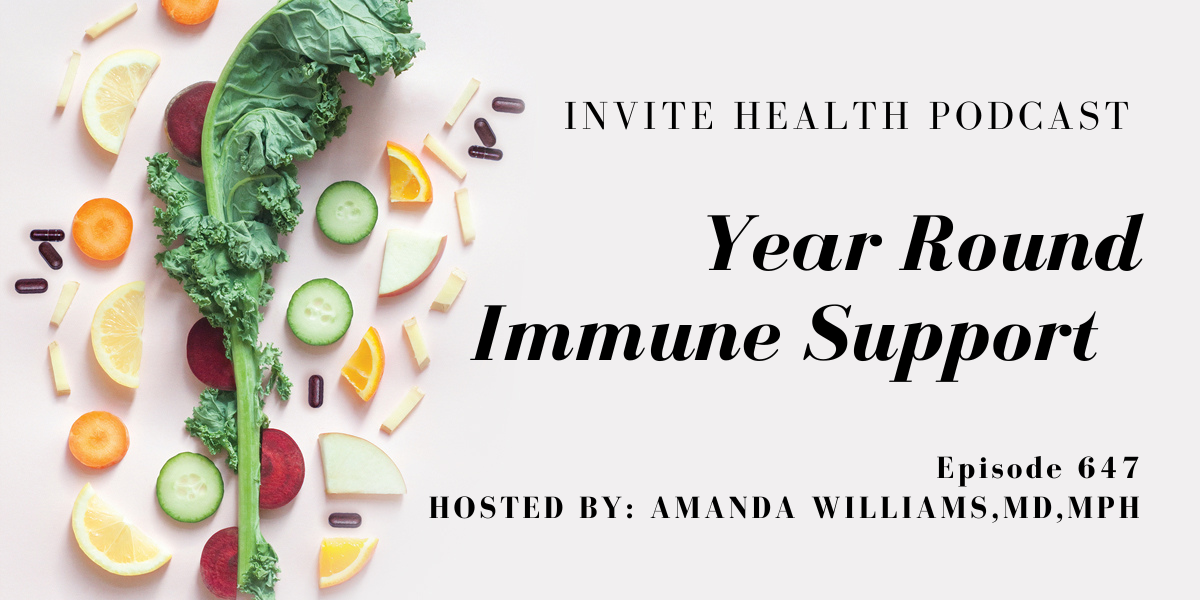Written by: Dr.Claire Arcidiacono, ND
Chronic infections are a topic I find particularly important because they are related to so many different chronic and acute health concerns. When we speak of chronic infections it is important to understand how the
immune system works. To start with, there are 2 main components of the immune system. These are the innate
immune system and the
adaptive immune system. (1) These however are not the first line of defense against pathogens. Before I delve into the interesting world of the innate vs the adaptive immune response, I’d like to mention several “barriers “that are in place to help protect us from pathogens or as I like to say, “bad guys”. †
The first defense against infections is actually our skin. The skin is not only a physical covering that protects us from infections but also an active part of our body that secretes antimicrobial peptides. (2) There are also antibacterial enzymes in our bodily secretions such as saliva, tears, breast milk, vaginal secretions and even our stomach. (3) As I mentioned in my series on
digestive health, gastric stomach acid helps to kill any pathogens that may enter through food. (4) Good bacteria also help to prevent an overgrowth of bad bacteria in a few ways including competing for space and resources. (5) Physically our body responds to the presence of pathogens by coughing and sneezing. Both tears and urine help to “wash” away any irritants in the pathway. † (6)
After a pathogen breeches our physical barriers, they trigger a response from our
innate immune system. The innate response is immediate and strong; however, it is not specific to the particular pathogen that you were exposed to. This part of the
immune system does not have a “memory”. The innate immune cells include what are called white blood cells. These cells can find pathogens and eliminate them, most commonly by contact or by engulfing them. These innate leukocytes or WBC include macrophages, neutrophils and dendritic cells. Other WBC that are important in the innate
immune system include the lymphoid cells,
mast cells, eosinophilic cells, basophils and natural killer cells. † (7)
What exactly do these cells do to help us fight infections? Let’s break it down, shall we? †
The Neutrophils as well as the Macrophages travel in the blood stream to fight off pathogens. Neutrophils are usually the first to arrive at the location of infections or inflammation. (8) Please see the attached picture of a Neutrophil. † (9)
Macrophages are interesting because while they can and do act in the innate immune system to help protect the body they also act as antigen presenting cells that activate or “turn on” the adaptive
immune system. (10) Please see the picture! † (11)
Dendritic cells are in places such as the skin, nose, lungs, stomach, and the intestines. What is interesting about these areas is that they are all openings in the body. In other words the outside world interacts with the inside of our body. These cells are considered to be a link between the innate
immune system and the adaptive immune system. This is because one of their important jobs is to present antigens to the T cells which are an important part of the adaptive
immune system. (12) Please see the attached picture. † (13)
The granulocytes are cells that have particles in them that are called granules and these granules that are inside of them are released as the cells do their job. WBC of this type are the mast cells, basophils and the eosinophils. Mast cells are usually seen in connective tissue and mucus membranes and help to regulate the inflammatory response. † (14) Please see the attached mast cell. (15)
Basophils and eosinophils in contrast do not contain these granules and in fact are closely related to neutrophils and secrete different chemicals that fight parasites. Unfortunately, they also have a role in allergies. (16) Please see the attached Eosinophilic cell. † (17)
Lastly the Natural killer cells are part of the innate
immune system which helps to get rid of compromised host cells for example those that have developed cancer. (18) Please see the attached picture. † (19)
After the innate
immune system is triggered, the pathogens can trigger the adaptive
immune system. In our next blog I will review the cells of the adaptive immune system. I will also do a quick walk through of the
immune system as its world work its way through an infection. †
REFERENCES
1. Litman GW, Cannon JP, Dishaw LJ (November 2005). “Reconstructing immune phylogeny: new perspectives”. Nature Reviews. Immunology. 5 (11): 866–79. doi:10.1038/nri1712. PMC 3683834. PMID 16261174.
2. Agerberth B, Gudmundsson GH (2006). “Host antimicrobial defence peptides in human disease”. Current Topics in Microbiology and Immunology. 306: 67–90. doi:10.1007/3-540-29916-5_3. ISBN 978-3-540-29915-8. PMID 16909918.
3. Boyton RJ, Openshaw PJ (2002). “Pulmonary defences to acute respiratory infection”. British Medical Bulletin. 61 (1): 1–12. doi:10.1093/bmb/61.1.1. PMID 11997295.
4. Smith JL (2003). “The role of gastric acid in preventing foodborne disease and how bacteria overcome acid conditions”. J Food Prot. 66 (7): 1292–1303. doi:10.4315/0362-028X-66.7.1292. PMID 12870767.
5. Gorbach SL (February 1990). “Lactic acid bacteria and human health”. Annals of Medicine. 22 (1): 37–41. doi:10.3109/07853899009147239. PMID 2109988.
6. Boyton RJ, Openshaw PJ (2002). “Pulmonary defences to acute respiratory infection”. British Medical Bulletin. 61 (1): 1–12. doi:10.1093/bmb/61.1.1. PMID 11997295.
7. Kumar H, Kawai T, Akira S (February 2011). “Pathogen recognition by the innate immune system”. International Reviews of Immunology. 30 (1): 16–34. doi:10.3109/08830185.2010.529976. PMID 21235323. S2CID 42000671.
8. Actor J (2012). Elsevier’s Integrated Review Immunology and Microbiology (Second ed.). doi:10.1016/B978-0-323-07447-6.00002-8.
9. https://en.wikipedia.org/wiki/Neutrophil#/media/File:Neutrophils.jpg
10. Mills CD (2012). “M1 and M2 Macrophages: Oracles of Health and Disease”. Critical Reviews in Immunology. 32 (6): 463–488. doi:10.1615/CritRevImmunol.v32.i6.10. PMID 23428224.
11. https://en.wikipedia.org/wiki/Macrophage#/media/File:Giemsa_Stain_Macrophage_Illustration.png
12. Monga I, Kaur K, Dhanda S (March 2022). “Revisiting hematopoiesis: applications of the bulk and single-cell transcriptomics dissecting transcriptional heterogeneity in hematopoietic stem cells”. Briefings in Functional Genomics. 21 (3): 159–176. doi:10.1093/bfgp/elac002. PMID 35265979.
13. https://en.wikipedia.org/wiki/Dendritic_cell#/media/File:Dendritic_cell_revealed.jpg
14. Krishnaswamy, Ajitawi & Chi 2006, pp. 13–34.
15. https://en.wikipedia.org/wiki/Mast_cell#/media/File:Mast_cell.png
16. Uhm TG, Kim BS, Chung IY (March 2012). “Eosinophil development, regulation of eosinophil-specific genes, and role of eosinophils in the pathogenesis of asthma”. Allergy, Asthma & Immunology Research. 4 (2): 68–79. doi:10.4168/aair.2012.4.2.68. PMC 3283796. PMID 22379601.
17. https://en.wikipedia.org/wiki/Eosinophil#/media/File:Blausen_0352_Eosinophil_(crop).png
18. Sompayrac 2019, pp. 1–4.
19. https://en.wikipedia.org/wiki/Natural_killer_cell#/media/File:Human_Natural_Killer_Cell_(29120480442).jpg


